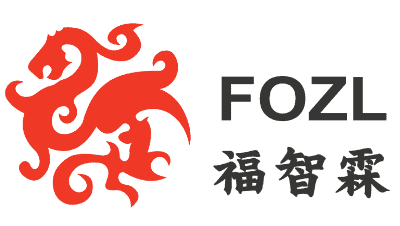Singapore Property Introduction
Can foreigners buy property in Singapore?
Property in Singapore is regarded as an asset by local property buyers and foreigners alike. Foreigners see local properties as stable assets, on account of Singapore’s sustained economic and political stability In addition, as a currency, the Singapore dollar is rock solid.
Another aspect that makes Singapore’s real estate attractive to foreign buyers is Singapore’s openness to foreign investment. Singapore is also a financial hub that attracts global businesses and talent, which over time directly contributes to the appreciation of property values as well as providing stable rents that benefit real estate investors.
While a growing number of foreigners are looking to invest in real estate in Singapore or settle down here permanently, there are restrictions on the types of real estate foreigners can purchase. Apart from not being able to purchase subsidised public housing (HDB), foreigners are also subject to higher stamp duties when purchasing properties in Singapore.
What is the definition of a “foreigner” in Singapore?
Under the Singapore Land Authority, which regulates land use and property ownership, an entity is considered a foreigner if he/she/it is not a Singapore citizen, a Singapore company, a Singapore limited liability partnership, or a Singapore association.
Therefore, a Singapore Permanent Resident (SPR) is also considered a foreigner.
Properties that foreigners can and cannot buy
Properties that can be purchased:
- Freehold/leasehold private apartment projects
- Shophouses
- Commercial properties (including hotels)
- Industrial properties
Properties that cannot be purchased:
- Government HDB flats
- Landed villas (except Sentosa)
May be purchased by permanent residents only on a household basis:
- Executive Condominiums (ECs)
- Permanent resident – from the sixth year after TOP
- Foreigners – from the eleventh year after TOP
- Second-hand HDB flats completed more than 5 years ago
Public Housing, also known as HDB flats
The Housing and Development Board (HDB) was established in 1960 to promote home ownership among Singaporeans. HDB builds and sells new flats at below-market prices, and these flats are entirely off-limits to foreigners.
HDB flats are eligible to be sold in the open market five years after they are first used. This no-sale period is known as the minimum occupation period (MOP). After that, the flats that can be sold in the open market are known as HDB resale flats.
According to HDB, foreigners who are Singapore Permanent Residents (SPRs) can buy a resale flat if they form a family nucleus (i.e. two or more applicants related by blood or marriage). SPRs may not be able to rent out the entire unit.
That said, living in an HDB condominium can be an amazing local experience.
Private properties (unrestricted)
Since 1973, the Singapore Government has imposed various restrictions on the foreign ownership of all private properties in Singapore under the Residential Property Act (RPA).
The Act defines the private properties that foreigners are not allowed to buy. That said, foreigners can actually buy a lot of non-restricted real estate.
The following is a list of unrestricted real estate that foreigners may be able to purchase in Singapore, applicable to both freehold and leasehold properties.
- Condominiums
- Includes executive condominiums after the 10-year restriction period.
- Private apartment units (e.g., walk-ups)
- Strata homes in an approved condominium development
- Strata landed house in a condo with planning approval before April 3, 2012
- All properties in Sentosa Cove
- Commercial shophouses
- Industrial and commercial properties (including hotels, but excluding serviced apartments)
- HDB shops and shophouses
Private property (subject to restrictions)
Properties classified as “restricted” under the Residential Property Act aren’t exactly a 100 percent no for foreign buyers. Approval must be sought from a government agency, and the likelihood of approval is low. An example of a recent successful applicant is James Dyson, who bought a S$45 million luxury house in Bukit Timah in July 2019.
As stated by the SLA, applicants have a better chance if they can prove that they have “made an outstanding economic contribution to Singapore”.
The list of restricted properties
- Vacant residential land
- Landed houses with land titles (e.g., townhouses, landed cottages)
- Strata landed house which is not within an approved condominium development
- Shophouses within non-commercial areas, including mixed commercial and residential shophouses
- Association premises
- Places of worship
- Workers’ dormitories, serviced apartments, and boarding houses


